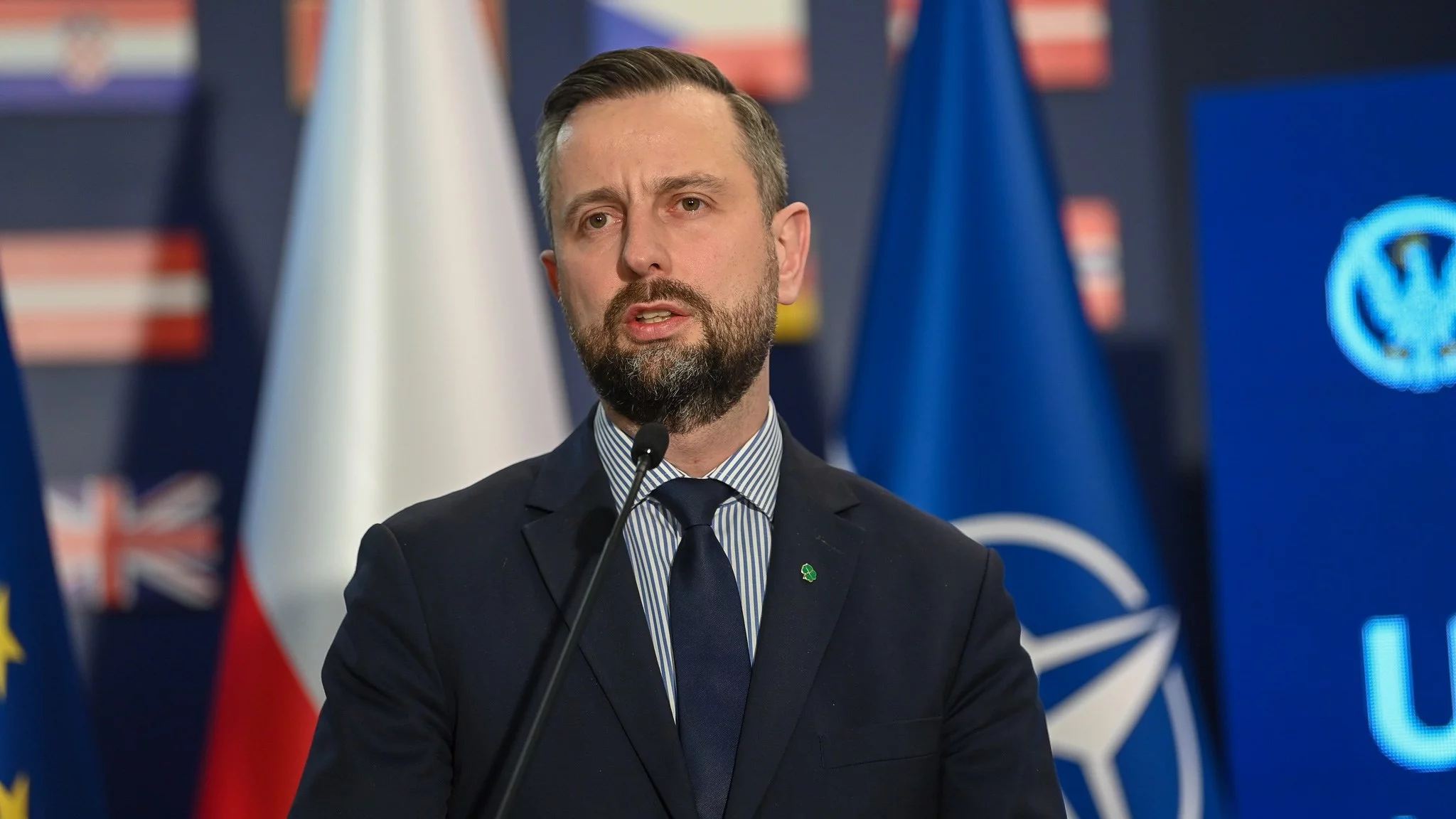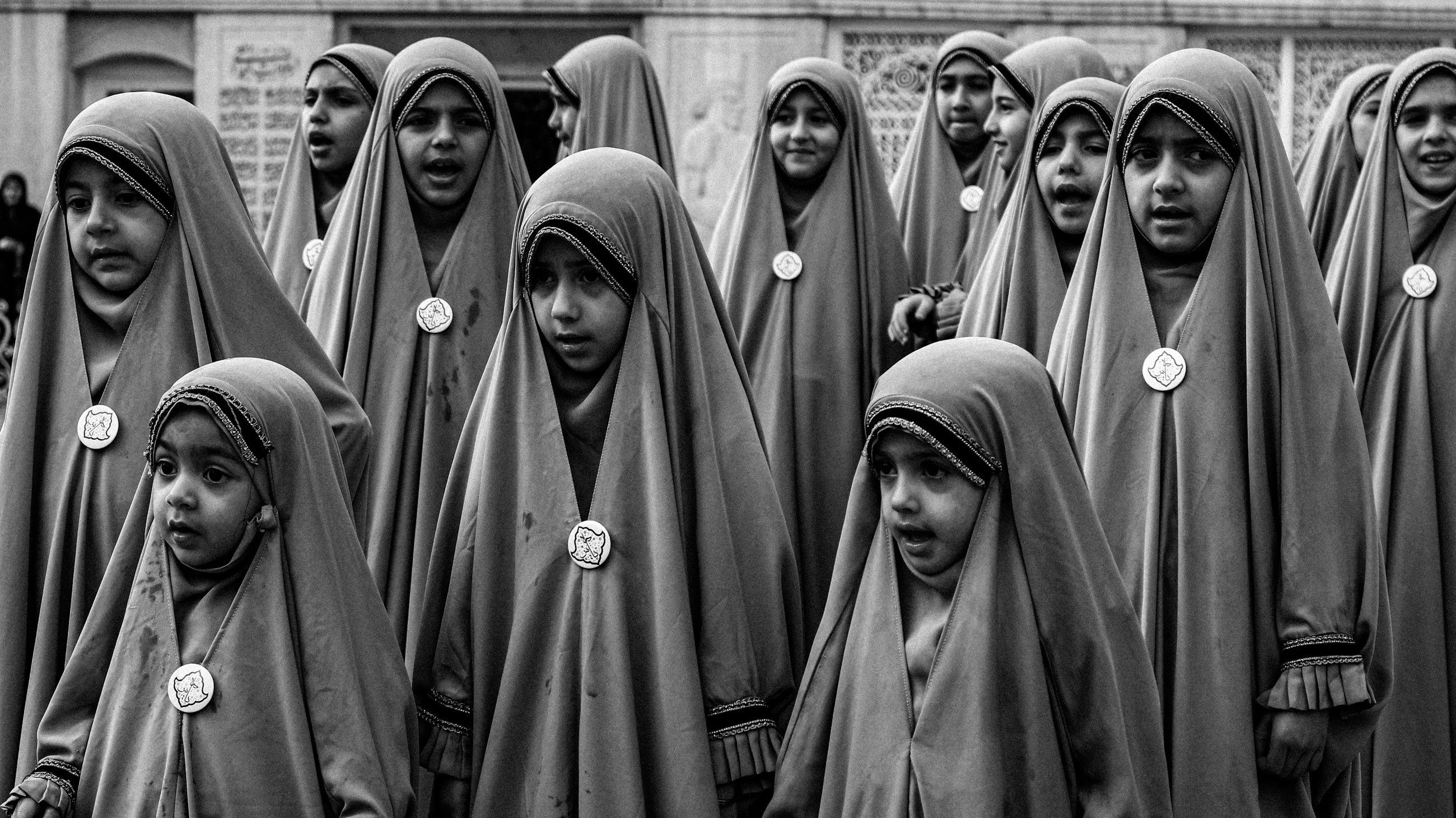Not everyone after the Academic Legion wants to join the army, but thanks to this training everyone gains fresh skills and opportunities – says Colonel Pił. Mirosław Guzdek, commander of the 49th Air Base in Pruszcz Gdańsk. His unit is training 48 students from all over Poland. What expectations do legionaries have, and what is different from voluntary ones?
Colonel Pił. Mirosław Guzdek
How does military training under the Academic Legion change a civilian student? Is your unit leaving as a corporal?
Colonel Pił. Mirosław Guzdek:Formally, a soldier-candidate will come out of us as a corporal.Because we do not have the ability to grade participants of the Academic Legion. Last year, this was handled by the Dęblin Air Force Petty School. We train, examine, issue certificates, and at the end find that a private can be appointed as a corporal by the designated institution. As commander of the 49th blot, I can only appoint my soldiers. Participants of the Academic Legion are not professional soldiers, so in their case the case is different.
As for the legionnaire profile. How do you measure those who apply for training?
With students from the Academic Legion I've had contact before, in another units. These are educated people who want to devote their time, their vacation to military training. And thank them for that, due to the fact that that's a very patriotic attitude. As far as I know, no training associate here has a future with the military. But they want to be prepared for the ministry if needed, and hopefully never will.
What else distinguishes them?
These are people committed, determined, and knowing what they want to learn. They frequently anticipate even more than the program provides. We gotta stick to the established framework, but we frequently come out with our own initiative and, in cooperation with another units, effort to supply additional improvement opportunities for those trained. That's why we organized, for example, a journey to Lębork, where they can usage the snowman shooting simulator.
You see the difference between a student from the Academic Legion and a civilian who chose another way to prepare for military service?
W Academic Legion There are people who don't break down and quit. I have a comparison with people applying to Voluntary Basic Military Service Or the Preparatory Service. I frequently get the impression that they are people who come into the army with the incorrect thought of what is truly waiting for them here. any of them quit training quickly. The Academic Legion is completely different. Last year we had 45 contestants, and they all made it to the end. Now we train 48 people, including 15 women, and only 1 candidate resigned just before arriving, but only due to the hard situation he found himself in. In addition to this 1 case, the full group is heavy active and hard to achieve.
The roads leading to 2 beams on the Pagons are different. There is simply a task "Sonda" spread over 13 months or a base sub-office course that lasts about 3 months. The command module in the Academic Legion is little than 4 weeks of classes. What are you putting the top emphasis on at specified a limited time?
Our students have intensive training six days a week, morning and afternoon. True. Participants of the Academic Legion they request to learn different aspects of the alleged soldier in the field, assuming that they are a series of reserves, but they should already have any basis, due to the fact that there is no time to learn from scratch. We're focusing on leadership training, due to the fact that the Petty Officer is the first in charge. So we place a large deal of emphasis on leadership aspects, including ethical issues related to leadership and decision making concerning at least the subordinates.
Training of the Academic Legion at 49 Air Base in Pruszcz Gdańsk
We want to teach them the assurance the commander must have. No 1 will follow individual who doesn't know what he wants. Furthermore, the leader must be able to rapidly analyse the situation and make decisions as rapidly as possible. There's no time on the battlefield to consider options. There you gotta make decisions, direct people and at the same time show your example that “I am worthy to follow me”. In short, our goal is to tell them how to say, "Follow me," not "forward."
Do students from the Academic Legion who go to 49 blots have the chance to learn the specifics of service in the air force of the land troops?
Maybe not for long, but they become part of this unit. Of course, for specified a short time there is no way to know the full aviation unit, but no 1 is defending them to see what pilot training looks like, approach the helicopter, ask for service. Besides, I myself recommended that students should have an organized departure to the airport, hangar and another facilities of our unit as part of their free time. due to the fact that perhaps, even though no 1 has declared their willingness to join our ranks, in the future after specified a “trip” they will decide to work as maintenance of flying equipment. Or would anyone like to finish the Oak School of Orlęt?
It's no secret that 1st Army Air Force He's looking for specialists.
Yes, in the coming years we will very much request young people with passion, cognition of English. This is due to the current safety situation, but besides to the modernisation of air forces, e.g. purchase of AH-64E helicopters.
Col. Mateusz Szymanski, commander of 56 Blot, in which the first Apache is stationed, late mentioned plans for strategy changes in chopper pilot training. Currently, only an officer can be the pilot of a military helicopter, but in the future it would besides be the officers.
We're back to good practice. erstwhile I started my aviation career, in parallel to the officer's school I graduated from, there was besides a junior officer's school for chopper pilots. And that was a good solution. Later in the military, a certain force arose to make all pilot an officer... In my opinion, returning to the training of the craftsmen's enlisted officers is right, due to the fact that the military needs mainly craftsmen, they form the basis of the army.
A year ago, after completing training under the Academic Legion, you called the enlisted officers "a bloodblood and the most crucial part of the Polish Army".
If the military is an organism, then, without giving another soldiers, the officers are specified a surviving tissue. Petty Officer is an instructor, the first military guide. The officer has been considering much more complicated situations, far-reaching plans, while the Petty Officer has a direct translation into recruit training. If he is well trained, in the future our reserves will only benefit from it. The war in Ukraine showed that if you lose your ability to train, then the full organization later starts to function badly.



![Nie spodobało się, iż nazwałam się imamką [Rozmowa z Seyran Ateş]](https://cdn.oko.press/cdn-cgi/image/trim=398;0;424;0,width=1200,quality=75/https://cdn.oko.press/2025/08/AFP__20170728__R207J__v1__HighRes__GermanyFranceReligionIslamMosque.jpg)
